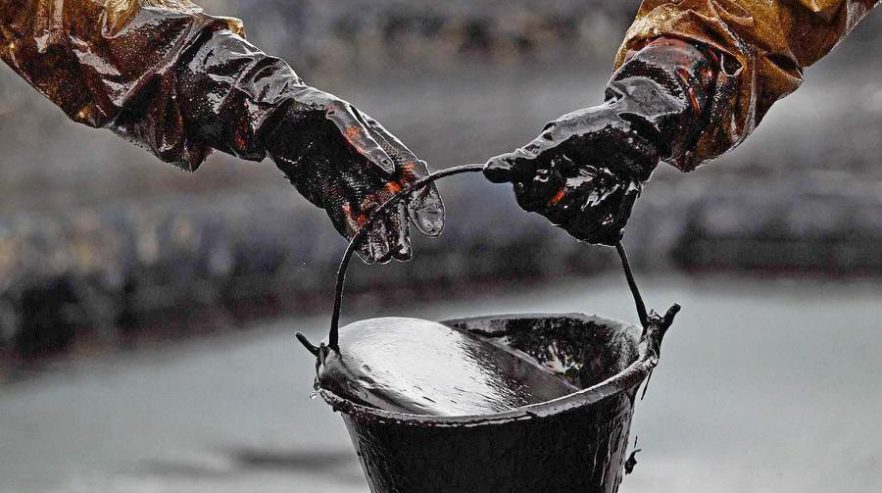Oil prices steadied after four days of declines, with investors still worried about the outlook for fuel demand as the use of rail, air and other forms of transport is constrained by surging COVID-19 cases worldwide.
was up about $1, or 1.4%, just above $70 a barrel by 1125 GMT. U.S. gained 84 cents, or 1.25%, to $67.43.
"In the short-term, the oil market may be volatile with frequent pull-backs as crude prices are beginning to struggle as demand in Europe and India faces headwinds," said Avtar Sandu at Phillip Futures in Singapore.
A stronger dollar was also hitting commodities across the board, with metals and gold in particular looking "equally fragile" as oil, ANZ Research said in a note.
Crude is typically priced in dollars so a stronger U.S. currency makes oil more expensive, hitting demand.
In the United States, more supply is set to hit the market if official forecasts prove right.
U.S. shale oil production is expected to rise to 8.1 million barrels per day (bpd) in September, the highest since April 2020, according to the Energy Information Administration's monthly drilling output report.
U.S. crude oil and gasoline inventories fell last week, two market sources said, citing American Petroleum Institute figures on Tuesday, while distillate stocks rose.
Financial markets overall are turning sour in response to the Delta coronavirus variant's progress, softer U.S. economic data and "a sombre reflection on what is going on in Afghanistan", ING analysts said in a note.



















